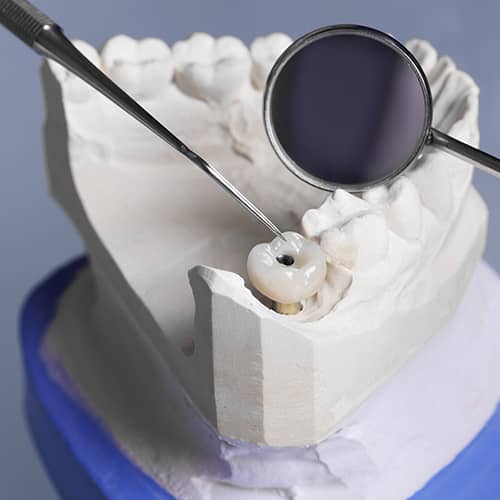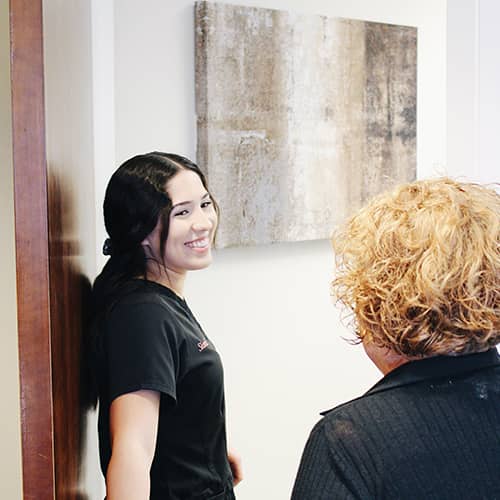Post-Operative Instructions
After Multiple Tooth Extraction Care
Aftercare
The big difference between single tooth and multiple teeth extraction is that multiple tooth extractions are more complicated than a single extraction. Multiple teeth extractions may be necessary for a variety of reasons, including advanced gum disease or decay, severe overcrowding, or damage to adjacent teeth.
While multiple teeth extractions are performed using the same techniques as single tooth extraction, there are some important considerations to keep in mind. Multiple extractions can increase the risk of post-operative complications such as pain, infection, or bleeding.
By following these steps after surgery, you can minimize your risk of complications while maximizing your recovery.
Post-Operative Care
Once the procedure is complete, your dentist will provide you with specific instructions on caring for your mouth. It is essential to follow these instructions carefully to minimize the risk of complications.
- To help control bleeding, bite on a gauze pad for 30-45 minutes
- Apply ice packs to your face for 20 minutes, then rest for 20 minutes. Repeat this cycle for the first 48 hours while you are awake.
- Take prescribed medicine or over-the-counter pain medication
- Avoid smoking or using straws while drinking
- Avoid strenuous activity and exercise
Stay hydrated by drinking plenty of approved fluids
After Sedation
If you had sedation, you will not be able to drive after the procedure. You must arrange to have someone pick you up and drive you home. It is also recommended that someone stay with you the day of your surgery. It is common to have mouth swelling and jaw muscle stiffness after oral surgery. Some patients may notice a slight elevation of temperature after surgery. This is not uncommon but should be monitored. These symptoms will lessen with time and should resolve on their own within a day or two.
Post-Operative Bleeding
Post-operative bleeding is a normal occurrence. However, if you notice persistent or excessive bleeding, place a gauze pad over the area and bite down firmly for at least 30 to 45 minutes. Some blood in the saliva may continue for an additional 24 hours after surgery, so be sure to watch for signs of excess bleeding. Excessive bleeding may manifest as liver-like clots of blood forming in the extraction site area or constant welling up of blood from the socket. If bleeding continues after following the above instructions, please contact our office.

Sutures
If your oral surgeon placed sutures (stitches) to help with healing and bleeding control, they will usually dissolve on their own. In some cases, your surgeon may need to remove the stitches after a few days. Do not attempt to cut or pull on your stitches.
Infection After Surgery
If you notice any signs of redness, swelling, discomfort and possible pus in the mouth, after initial swelling has resolved, it could be an infection, call our office right away. It is unusual for infections to occur before 5 days but could occur 4-6 weeks after surgery.
Pain Management
You may experience some pain and discomfort after multiple tooth extractions. This is normal and can be managed with over-the-counter medication such as acetaminophen or ibuprofen. You may be prescribed pain medication by your oral surgeon. If you are, be sure to take it as directed. If prescribed narcotic medication, do not drive or drink alcohol while taking these medications. To manage the pain and reduce swelling, use an ice pack for the first day or two. Apply the ice pack to your cheek for 20 minutes on and 20 minutes off. Repeat this during the day.
Make sure to wrap your ice pack in a thin towel so that it doesn’t irritate your skin. After 72 hours, switch to moist heat and use warm compresses.
Salt Water Rinses
Salt water rinses can help to reduce swelling and speed up the healing process. To make a salt water rinse, mix 1/2 teaspoon salt in a cup of warm water and swirl around your mouth for 30 seconds. Do this after each meal and repeat as needed.
Avoid Smoking
Smoking can hinder the healing process after multiple tooth extractions. In addition to delaying your recovery, it may also increase your risk of infection and complications. If you are a smoker, it is extremely important that you avoid smoking for at least 24 hours or as directed by your surgeon.
Physical Activity
The day of surgery, you should avoid any strenuous activity that may cause you to bleed or dislodge the blood clot. You can gradually return to your normal activity levels if you don’t have any complications.
When To Call Your Dentist
If you experience any of the following symptoms after multiple tooth extractions, it is important to call our office immediately:
- Persistent bleeding, redness, or swelling in the extraction site
- Severe pain or discomfort that does not improve with over-the-counter pain medication or prescribed narcotic pain medication
- Fever higher than 101 degrees Fahrenheit
Overall, multiple tooth extractions are a relatively straightforward procedure with a few simple aftercare instructions. Follow your surgeon’’s instructions carefully and contact our office if you experience any complications. With proper care, multiple tooth extractions should heal without any significant problems.
For more information or to book an appointment at any one of our locations, call (480) 830-5866.
